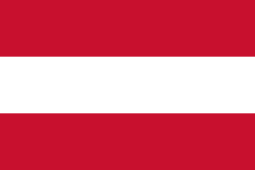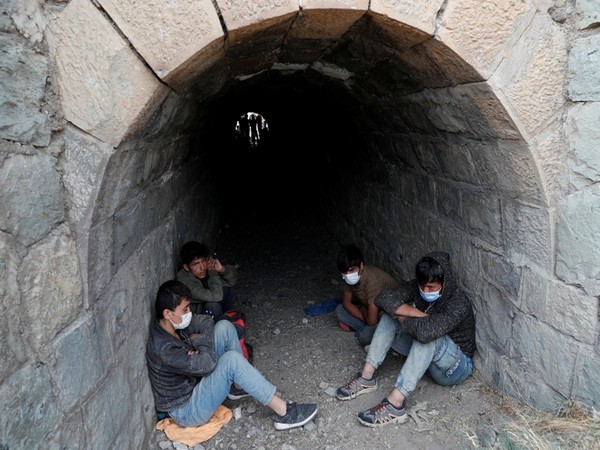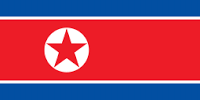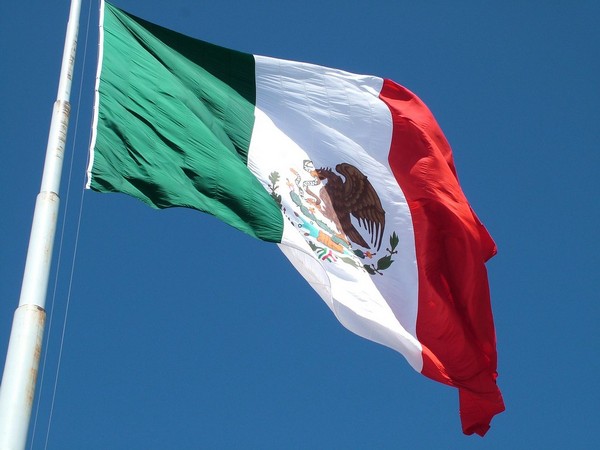
Austrian coalition talks collapse as NEOS quits
Jan 04, 2025
Vienna [Austria], January 4: Talks on forming a three-party coalition government in Austria collapsed on Friday after the smallest party NEOS withdrew from negotiations. However, the remaining two parties have confirmed their intention to continue discussions.
At a press conference, NEOS party leader Beate Meinl-Reisinger cited a lack of reform willingness from the People's Party and the Social Democratic Party, the other two parties in the coalition talks, as the reason for her party's withdrawal.
Meinl-Reisinger said that in view of Austria's recession and the unstable global situation, her party entered the negotiations seeking profound changes, but there has been "no significant progress, but rather setbacks" in the talks, according to Austrian broadcaster ORF.
A major hurdle in the negotiations was planning the new budget as Austria grapples with an economic crisis, The NEOS party leader said.
Despite NEOS' withdrawal, Austrian President Alexander Van der Bellen confirmed on Friday night that the People's Party and the Social Democratic Party had assured him they would continue coalition talks.
Negotiations between the three parties had dragged on since mid-November following Van der Bellen's decision in October to task the People's Party with forming a government.
In September's parliamentary election, the far-right Freedom Party came first with around 29 percent of the vote, followed by the People's Party and the Social Democratic Party with 26.3 percent and 21.1 percent respectively. The NEOS placed fourth.
While the Freedom Party won the parliamentary presidency, it has so far been unable to find coalition partners to form a government.
BLAME GAME
Austria's major political parties have wasted no time in blaming each other following the NEOS' withdrawal.
The People's Party pointed fingers at the Social Democrats, accusing them of derailing the talks. "While parts of the Social Democrats have contributed constructively, the backward-looking forces in the Social Democratic Party have gained the upper hand in recent days," Christian Stocker, secretary-general of the People's Party, said in a statement.
In response, the Social Democratic Party said on X that the NEOS had sought to implement severe austerity measures, including salary cuts of teachers and police officers, pension freezes and raising the retirement age. The party criticized the NEOS for failing to "stand up for justice and social equality."
Meanwhile, politicians from the Freedom Party directed their ire at Chancellor Karl Nehammer, also leader of the People's Party, demanding his resignation.
UNCERTAIN FUTURE
With NEOS out of the picture, the path to forming a stable government remains uncertain.
A coalition comprising only the People's Party and the Social Democrats would command a fragile majority of just one seat in the National Council, Austria's lower house of parliament, underscoring the need for a third partner to ensure stability.
Austrian broadcaster ORF said that the People's Party and the Social Democratic Party might look to the Greens as a potential partner. However, relations between the People's Party and the Greens, coalition partners in the outgoing government, has been strained. The role of the Freedom Party remains unclear on the way forward.
Speculation about a snap election is growing, with ORF noting that the Freedom Party stands to gain the most if one is called. Recent polls indicated rising public support for the party, positioning it as a potential beneficiary of the political deadlock.
Source: Xinhua News Agency






